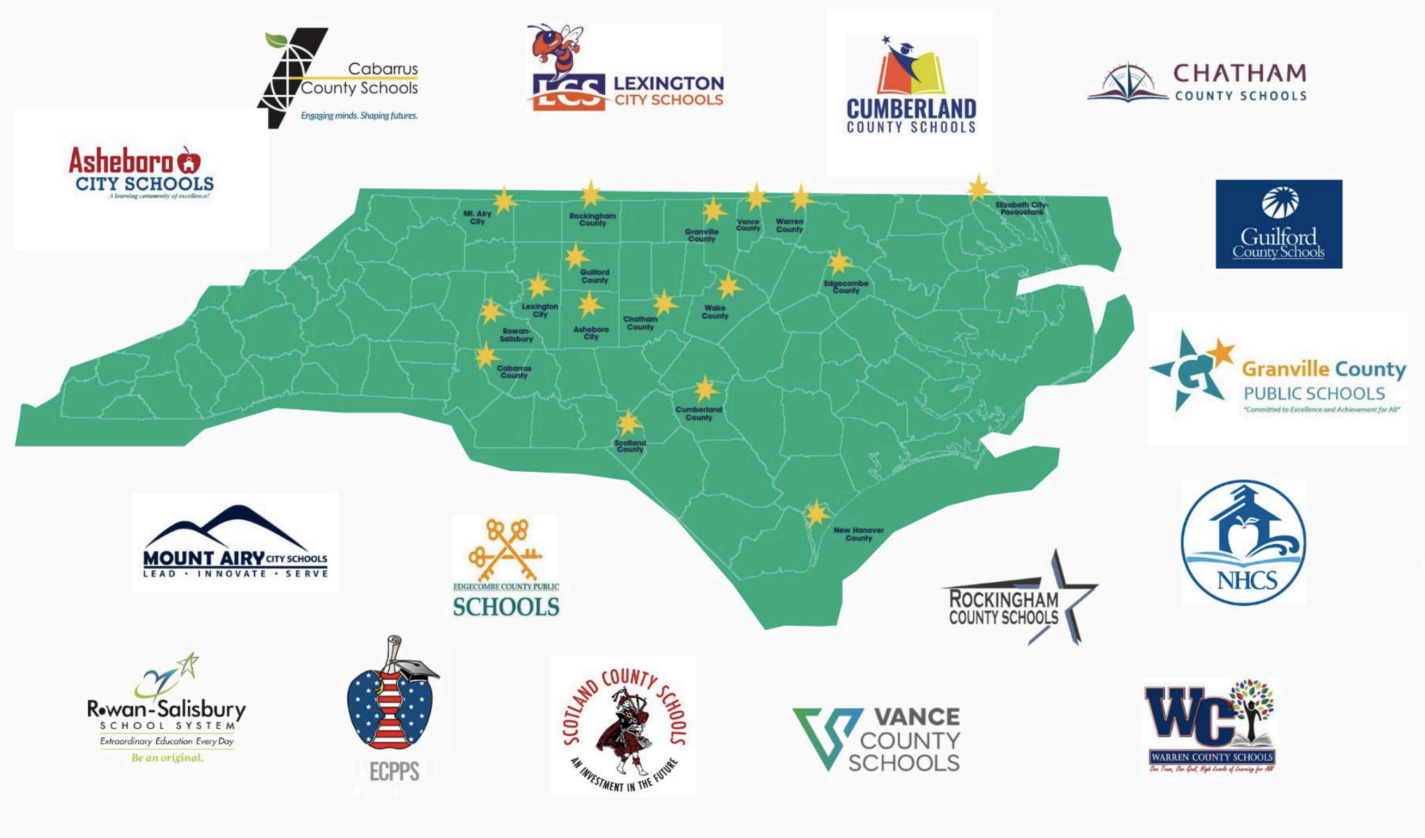North Carolina lawmakers recently authorized pilot programs in 17 high schools across the state with the intention of encouraging more students to pursue high-tech careers. On Tuesday, a joint legislative committee heard an update on the results so far.
The pilot programs are housed under the SparkNC label. In 2023, lawmakers OK’ed $3 million in funding in the new budget, but the plan is for SparkNC to transition to an independent nonprofit by June 30.
The areas of tech covered by SparkNC include artificial intelligence, computer systems engineering, data analytics, game development and design, software development, cybersecurity, and computer systems engineering. Under each topic category, students have the option of pursuing multiple sub-categories, with over 70 opportunities in all.
That underscores a hallmark of SparkNC — flexibility. Each unit is a “stackable” credential that allows students to gain skills gradually and sequentially, each building on past learning and experience. Eight units, plus an introductory module and capstone experience, stack together for one high school credit. A benefit is that students can speed up or slow down their pace depending on their interests, abilities, and learning styles.

“In North Carolina, we are challenged to find people that have these technical skills and quite honestly, the durable skills to go into these growing demanding jobs with high-paying salaries,” said Lynn Moody, senior director of partnerships for SparkNC, told the joint legislative education oversight committee on Tuesday. “So, we need to find a way to let our students explore fields like artificial intelligence and computer systems engineer, data analytics, cyber security, and software development without a fear of failing.”
Dr. Edith Skipper, principal at Southeast Area Technical High School in New Hanover County, one of SparkNC’s first pilot programs, gave an example of how the program works. “We happen to put a coffee bar at [a high school], and our SparkNC students were able to write a proof of concept for an app for that coffee bar.”
“We know that the people are the heart of this work,” Sipper added. “We know that the lab leaders and the folks in those labs are leading the way with these children that may or may not see themselves in high tech fields.”
“[SparkNC] provides our students with work that is similar to what they will encounter when they go out into past graduation,” said Shawn Stover, superintendent of the Rockingham County School System. “And another hidden benefit, the units get increasingly more difficult, so they have to learn how to persevere and ask others for help and collaborate with one another.”
SparkNC partners with North Carolina businesses including Cisco, IBM, Apple, Epic Games, and SAS.
“SparkNC has earned the time and attention of the business community because it’s cultivating the pipeline of talent that will produce the next generation of leaders for our companies, but while our respective internal human capital organizations are world-class, they still fall short in two areas,” said Allen Mask, a member of the SparkNC Business Advisory Council. “They’re spending more time than they need to educating versus training new hires, and they’re still recruiting from small pools of talent when they should be recruiting from deep wells of talent, that we’re confident organizations like SparkNC will produce in the future.”